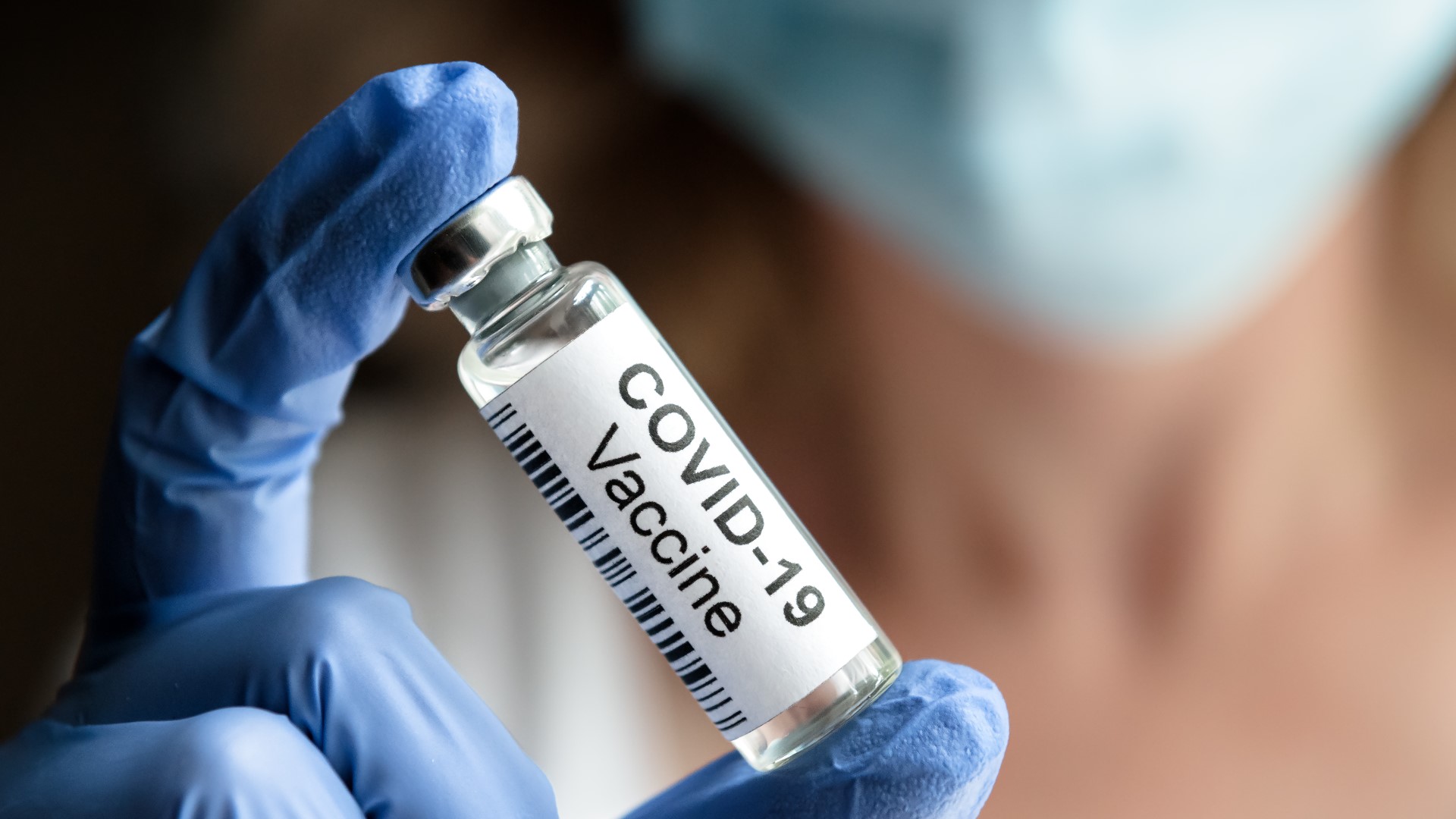ATLANTA — Some areas are already taking action, but legal experts believe full approval from the FDA will prompt vaccine mandates across the country.
New York City couldn’t wait.
The decision of New York’s mayor to ban the unvaccinated from indoor restaurants and gyms comes as others consider a potential trip to court if they do the same.
“Individuals will sue,” says Joseph Watson, a graduate of Harvard Law School and a Professor of Public Affairs at the University of Georgia’s College of Journalism. “They’re going to say it violates their constitutional rights.”
It’s all an issue of timing.
Vaccine mandates are nothing new. All fifty states require children to have their measles, mumps, and rubella vaccine before entering public school.
A 1905 Supreme Court decision that said mandatory vaccinations are appropriate as long as they don’t go beyond what is “reasonably required for the safety of the public.”
Watson emphasizes the word “reasonably.” The question is whether that applies to the COVID vaccines used under emergency authorization and not full FDA approval.
“That’s going to be left to localities and states that mandate vaccinations in the absence of final FDA approval, is whether or not a court would deem that regulation to be reasonable,” says Watson.
He and other legal experts say mandating a fully approved vaccine would place states and local jurisdictions on more solid legal ground.
“Every jurisdiction will approach it in a different fashion,” says Watson. “Some states will require certain things, some states will require others, some may not require anything at all.
Watson says the legal standing for a vaccine mandate will be even more solid if it comes from a vote of city council or state legislature instead of an executive order from a mayor or governor.

